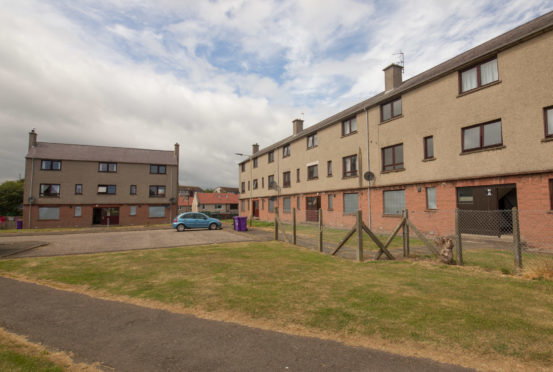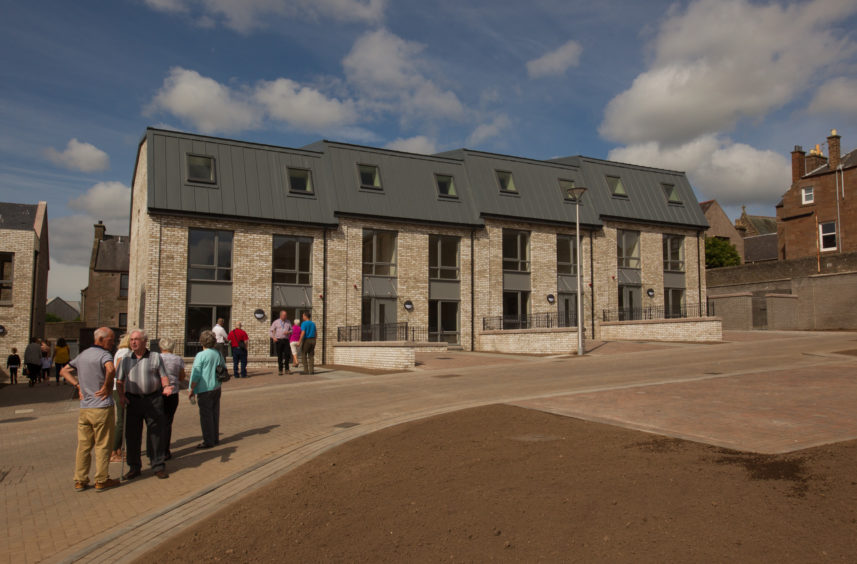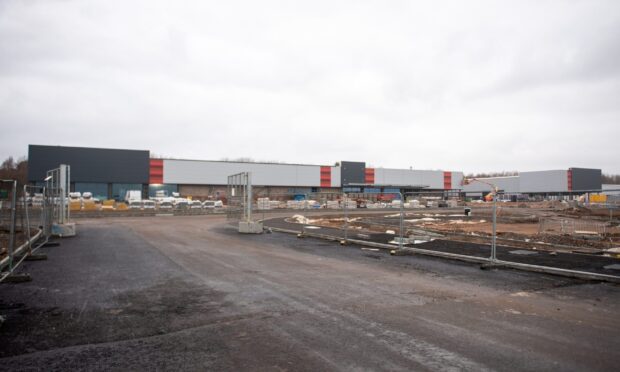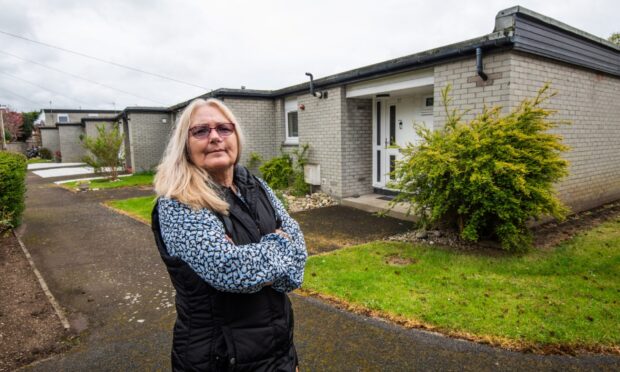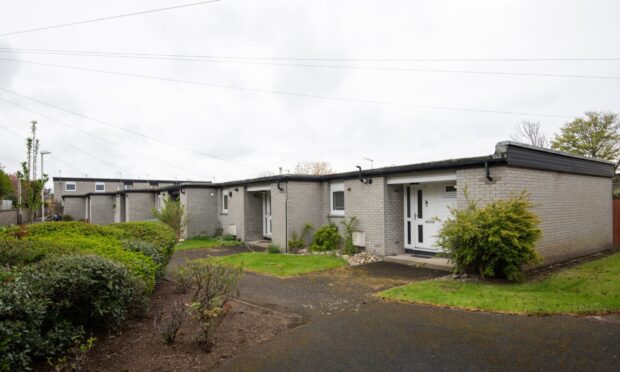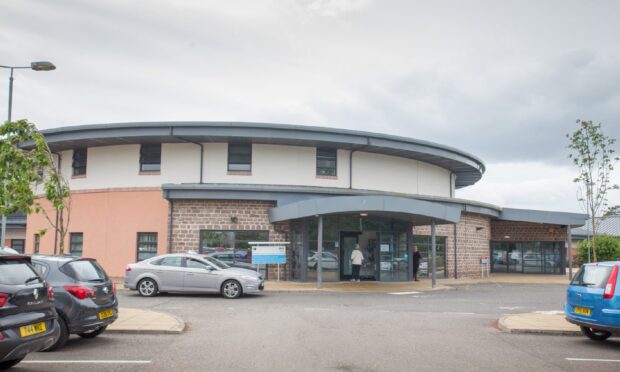A 3.1% rent increase is on the cards for Angus council house tenants.
Proposals going before councillors on Tuesday recommend a hike which would see the average weekly rent rise to £70.79 – up £2.23 from last year, but lower than the 4% and 3.5% increases of the previous two years.
Officials say the planned increase will maintain Angus rents as some of the most affordable in the country.
However, they have issued a two-pronged warning over the pressure new-build capital projects have put on staff and local contractors, as well as the “significant” investment which will be required to bring Angus stock up to ambitious carbon targets in the coming decades.
The future could see closer partnerships with private developers for “off the shelf” houses to bolster council stock.
Some 80 news homes will welcome new tenants this year, after 55 new builds in the past two years. Over the five-year period from 2017/18 the council hopes to deliver 275 new homes.
The report to communities committee councillors states: “It has become clear that concentrating large increases in capital spend into a short delivery period is difficult to achieve within the context of available staff resources.
“It also puts increased pressure on rent levels and our local contractor base.”
The plans could bring good news for tenants in the council’s latest stock, with a rent freeze suggestion put forward following consultation with a steering group following concerns over the affordability of new-build properties. It would remain in place until the levels catch up.
If approved, the rise would mean an £82.12 weekly rent for a two-bed house, in comparison to £92.30 for a new-build property of the same size.
The report adds: “Delivering a new build programme remains a priority, however it is anticipated this will be supplemented through other mechanisms for increasing the council’s stock in the future, building on the open market acquisition scheme and the recent purchase of new build units from a private developer.
“A further report will be brought before members later this year with recommendations for taking a more proactive approach to working in partnership with developers and purchasing units ‘off the shelf’.
“Opportunities to acquire sites are also being explored to ensure the council can continue to deliver more affordable homes beyond the current planning period.”
Officials have also highlighted the challenge of meeting energy efficiency and carbon reduction targets in a period reaching to 2045.
Social housing providers have been set a 2032 milestone of their homes being at a Band B energy efficiency rating, with a ban on properties below Band D agreed from the end of 2025.
Officials state: “Less than 3% of the council’s stock is below EPC Band D which indicates progress towards the December 2025 intermediate milestone. However, 97% of the stock does not meet the 2032 standard, indicating the scale of challenge.
“The long-term programme of improvements to achieve the 2032 target will include large scale programmes of internal and external wall insulation, decarbonisation of heating systems, and window replacements.”
